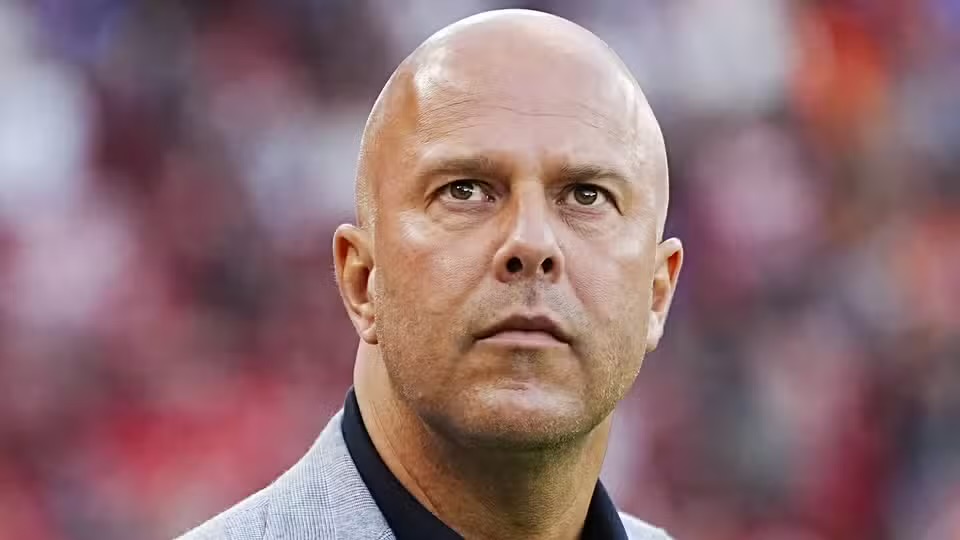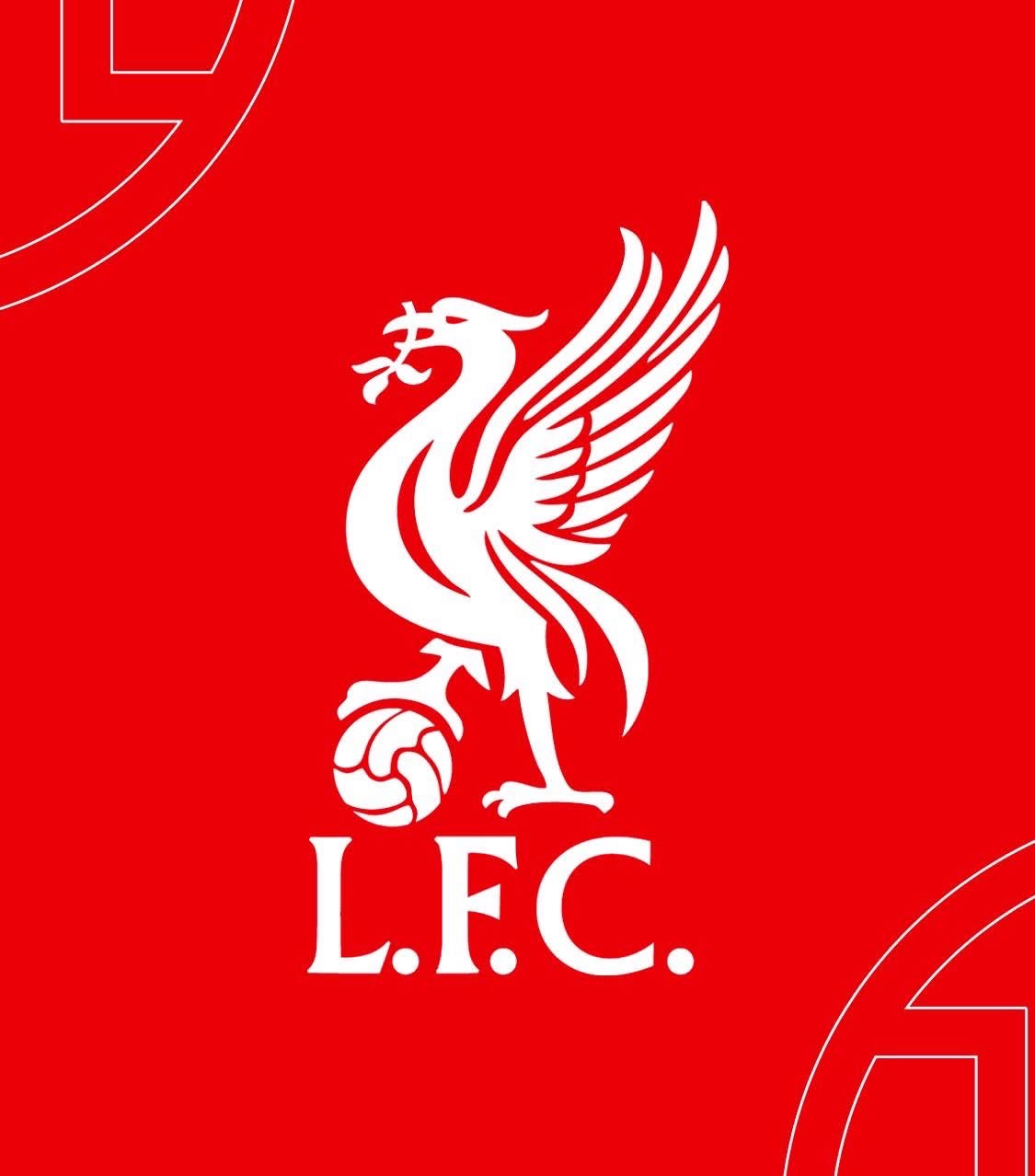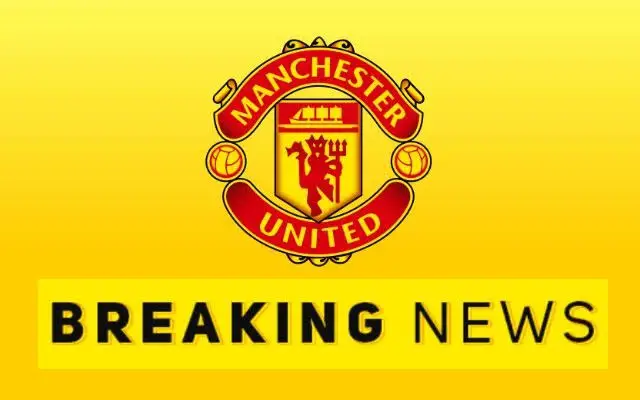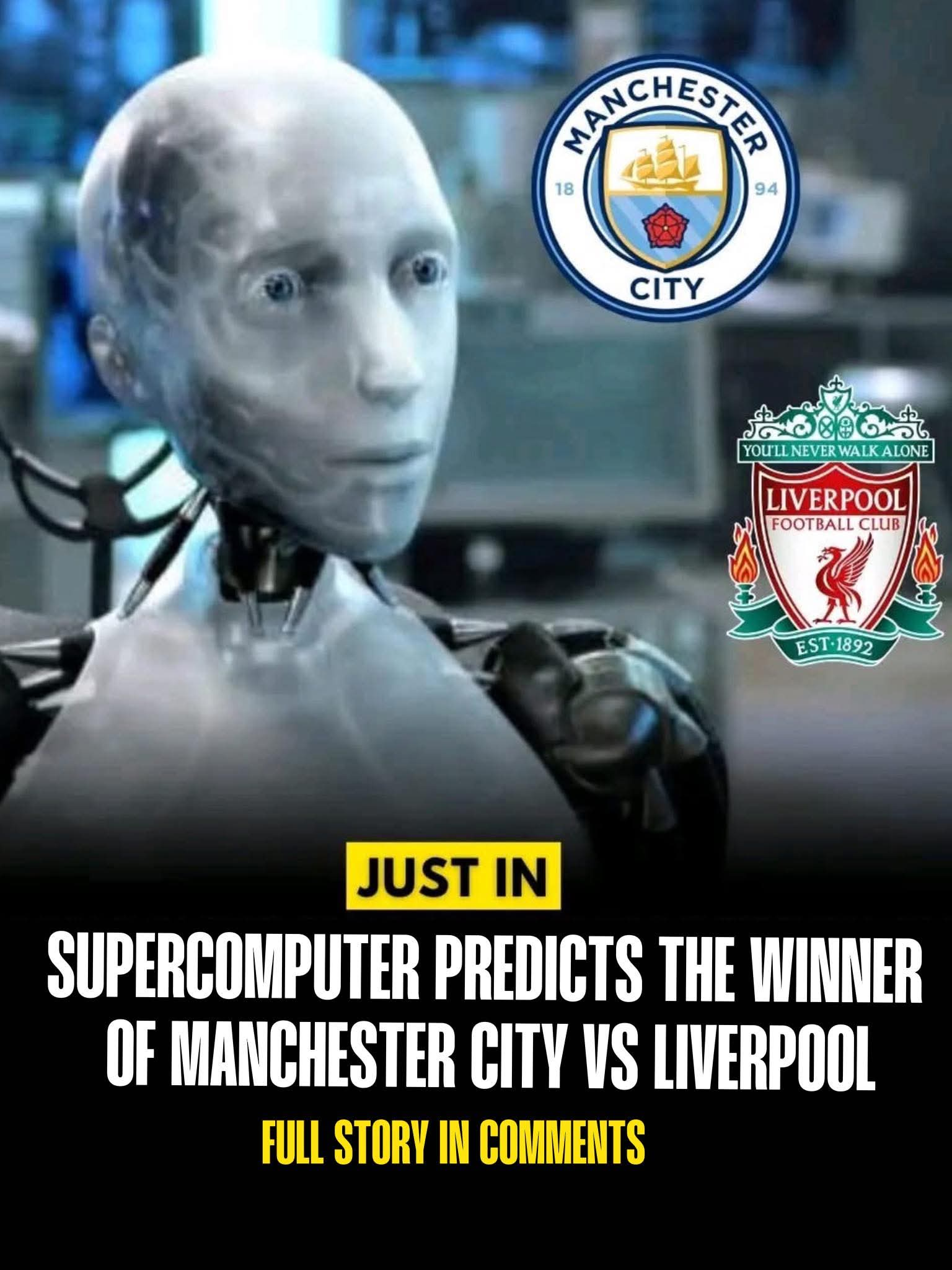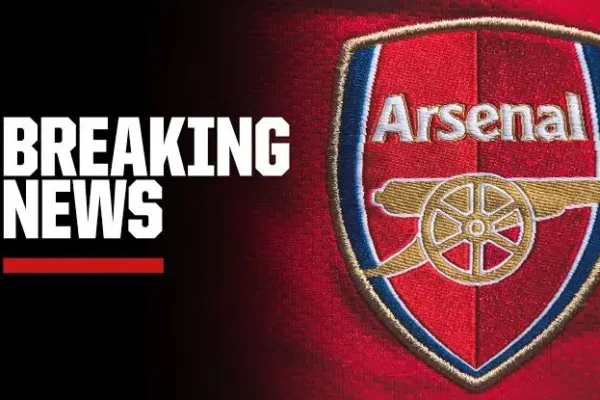The atmosphere at Anfield was filled with excitement and expectation, as many Liverpool supporters believed the Carabao Cup third-round clash against Southampton would be little more than a comfortable step forward in what has been a promising start under new manager Arne Slot. Facing a Championship opponent, the game looked like the perfect opportunity to rotate the squad, give valuable minutes to players on the fringes, and still secure a routine victory. On paper, everything pointed towards an easy night for the Reds. Yet football often reminds us that things don’t always go according to plan, and what unfolded was far from straightforward.
Liverpool eventually came out on top with a narrow 2-1 win, thanks to goals from Alexander Isak and late substitute Hugo Ekitike. While the scoreline suggested progression to the next round, it did little to mask the chaotic and disjointed nature of the performance. Fans inside the stadium, as well as pundits watching from the sidelines, were left unsettled by how fragile the team appeared, especially when relying on players who were expected to step up when called upon. Instead of showcasing depth and composure, the match exposed weaknesses that many had not anticipated.
The player most under scrutiny was Jeremie Frimpong, who endured a night he will want to forget. Having joined Liverpool in a high-profile summer transfer from Bayer Leverkusen, Frimpong arrived with great expectations attached to his name. Many viewed him as a natural successor to Trent Alexander-Arnold, especially as Arne Slot looks to deploy Trent in more advanced, creative midfield roles. However, against Southampton, Frimpong struggled badly. Rather than adding energy and attacking thrust down the right flank, his performance was riddled with errors, hesitations, and defensive lapses that left his side vulnerable.
Tim Sherwood, serving as a Sky Sports pundit on the night, did not mince his words. His assessment was scathing, describing Frimpong’s display as “the worst game you can ever imagine.” Within moments, that remark was clipped, shared, and debated across social media platforms. The narrative quickly shifted from Liverpool’s victory to Frimpong’s shortcomings, with fans expressing both disappointment and concern. For a player who hoped to prove himself in front of his new supporters, the evening turned into a nightmare scenario.
The game itself offered several dramatic turning points that highlighted Liverpool’s vulnerability. In the first half, Southampton almost delivered a shock lead when Adam Armstrong rattled the crossbar, and Leo Scienza somehow missed a golden opportunity to head home the rebound. Just moments later, Liverpool capitalised, with Alexander Isak putting his side in front despite having been largely anonymous until that point. That sequence of events summed up the fragile balance of the match—Liverpool escaped a setback by sheer luck, but their lack of structure and rhythm remained evident.
Much of the unease came from Arne Slot’s decision to completely overhaul the starting eleven. While his boldness demonstrated trust in his squad’s depth, the reality on the pitch told a different story. Veterans like Andy Robertson and Curtis Jones were combined with newcomers and youth players, yet the chemistry was missing. The midfield failed to control the tempo, the defence looked shaky under pressure, and the attacking play rarely flowed. For a night that was expected to reinforce Liverpool’s dominance, it instead raised tough questions about how prepared the backup players are to handle pressure at the highest level.




